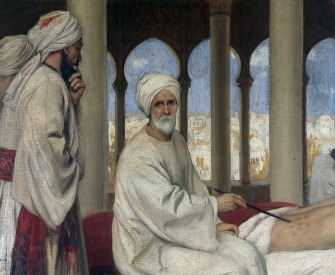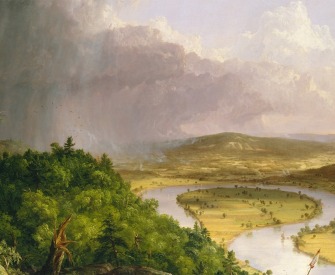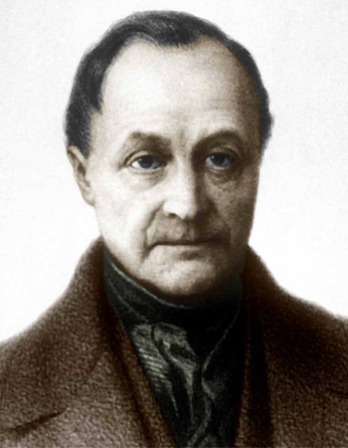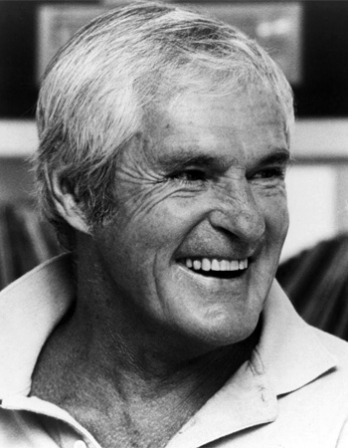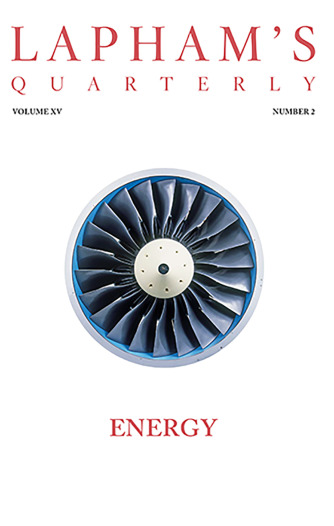The many instances of forged miracles and prophecies and supernatural events, which, in all ages, have either been detected by contrary evidence, or which detect themselves by their absurdity, prove sufficiently the strong propensity of mankind to the extraordinary and the marvelous, and ought reasonably to beget a suspicion against all relations of this kind.
This is our natural way of thinking, even with regard to the most common and most credible events. For instance, there is no kind of report which rises so easily and spreads so quickly, especially in country places and provincial towns, as those concerning marriages; insomuch that two young persons of equal condition never see each other twice, but the whole neighborhood immediately join them together. The pleasure of telling a piece of news so interesting, of propagating it, and of being the first reporters of it, spreads the intelligence. And this is so well-known that no man of sense gives attention to these reports till he finds them confirmed by some greater evidence. Do not the same passions, and others still stronger, incline the generality of mankind to believe and report with the greatest vehemence and assurance all religious miracles? It forms a strong presumption against all supernatural and miraculous relations, that they are observed chiefly to abound among ignorant and barbarous nations; or if a civilized people has ever given admission to any of them, that people will be found to have received them from ignorant and barbarous ancestors who transmitted them with that inviolable sanction and authority that always attend received opinions. When we peruse the first histories of all nations, we are apt to imagine ourselves transported into some new world; where the whole frame of nature is disjointed and every element performs its operations in a different manner from what it does at present. Battles, revolutions, pestilence, famine, and death are never the effect of those natural causes which we experience. Prodigies, omens, oracles, and judgments quite obscure the few natural events that are intermingled with them. But as the former grow thinner every page in proportion as we advance nearer the enlightened ages, we soon learn that there is nothing mysterious or supernatural in the case, but that all proceeds from the usual propensity of mankind toward the marvelous.
It is strange, a judicious reader is apt to say, upon the perusal of these wonderful historians, that such prodigious events never happen in our days. But it is nothing strange, I hope, that men should lie in all ages. You must surely have seen instances enough of that frailty. You have yourself heard many such marvelous relations started, which, being treated with scorn by all the wise and judicious, have at last been abandoned even by the vulgar. Be assured that those renowned lies which have spread and flourished to such a height arose from like beginnings, but being sown in a more proper soil, shot up at last into prodigies almost equal to those which they relate.
The advantages are so great of starting an imposture among an ignorant people that even though the delusion should be too gross to impose on the generality of them, it has a much better chance for succeeding in remote countries than if the first scene had been laid in a city renowned for arts and knowledge. The most ignorant and barbarous of these barbarians carry the report abroad. None of their countrymen have a large correspondence or sufficient credit and authority to contradict and beat down the delusion. Men’s inclination to the marvelous has full opportunity to display itself. And thus a story, which is universally exploded in the place where it was first started, shall pass for certain at a thousand miles distance.
From An Enquiry Concerning Human Understanding. At the age of sixteen in 1727, Hume prevailed upon a friend to “allow me to talk thus like a philosopher: ’tis a subject I think much on and could talk all day long of.” He published A Treatise of Human Nature in 1739 and 1740 and Essays, Moral and Political in 1741 and 1742. Allegations of atheism prevented him from obtaining posts at Edinburgh University in 1744 and Glasgow University in 1752—the latter a chair in logic vacated by fellow Scotsman Adam Smith.
Back to Issue

